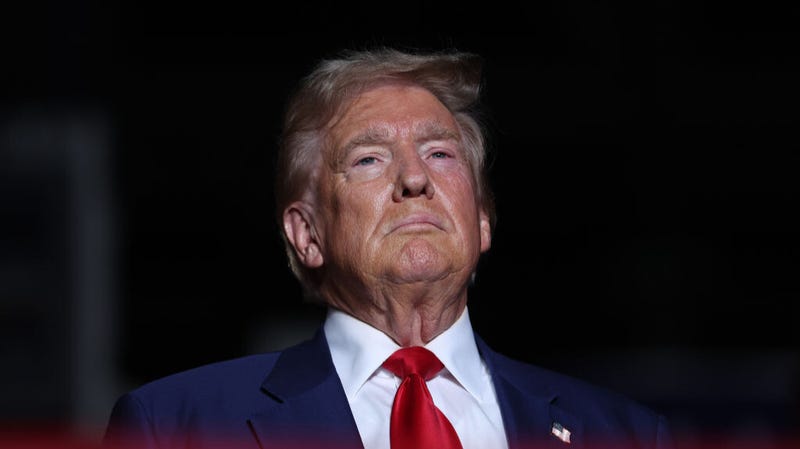
PHILADELPHIA (KYW Newsradio) — A federal judge unsealed a court filing that provides the most comprehensive narrative to date of Special Counsel Jack Smith’s election subversion case against former President Donald Trump.
Following the U.S. Supreme Court ruling in July that Trump was immune from prosecution for official acts he took as president, the purpose of Smith’s filing is to persuade U.S. District Judge Tanya Chutkan that some of Trump’s actions leading up to Jan. 6, 2021, were undertaken in his private capacity as a candidate and can therefore remain part of the case as it moves forward, says CBS Legal Commentator Laurie Levenson.
“What Smith has done is said: Donald Trump does not have immunity because he wasn’t acting in his official capacity as president. He was a private individual trying to hold on to power, and overturn an election,” Levenson told KYW Newsradio.
“This is basically the indictment that says Donald Trump was trying to hold onto power by any means possible, including by committing criminal acts.”
🎧 Analysis from correspondent Steven Portnoy
Chutkan permitted a redacted version of the 165-page brief to be made public. The “private” acts detailed in the brief include contacting states to appoint new electors, organizing with private lawyers to bring lawsuits against those states, and trying to convince Vice President Mike Pence to not certify the election results.
“And, most importantly, it details how he knew he had lost the election. He knew that his claims were fraudulent, but nonetheless, he pursued them.”
On his interactions with Pence, Levenson said the brief points to the Constitution to show Trump was not operating in his official capacity.
“Frankly, the president doesn’t have an official role when it comes to certifying the election. That’s merely the function under the Constitution of the vice president.”
The case is currently delayed until after Election Day. Though the prospects of a trial are uncertain, particularly in the event that Trump wins the presidency and a new attorney general seeks the dismissal of the case, the brief nonetheless functions as a roadmap for the testimony and evidence prosecutors would elicit before a jury.
“Although the defendant was the incumbent President during the charged conspiracies, his scheme was fundamentally a private one,” Smith’s team wrote, adding, “When the defendant lost the 2020 presidential election, he resorted to crimes to try to stay in office."
Should the case go forward, Levenson said it is likely to be convincing for presiding Judge Tanya Chutkan, but thinks only parts will make the cut in an eventual return to the Supreme Court.
“For example, I do think it’s a tougher case for the special counsel when he’s talking about Trump interacting with the vice president. But the others, where he’s interacting with private individuals, I think it could be quite effective to argue he doesn’t have immunities for that.”
Trump campaign spokesman Steven Cheung called the brief “falsehood-ridden” and “unconstitutional” and repeated oft-stated allegations that Smith and Democrats were “hell-bent on weaponizing the Justice Department in an attempt to cling to power."
